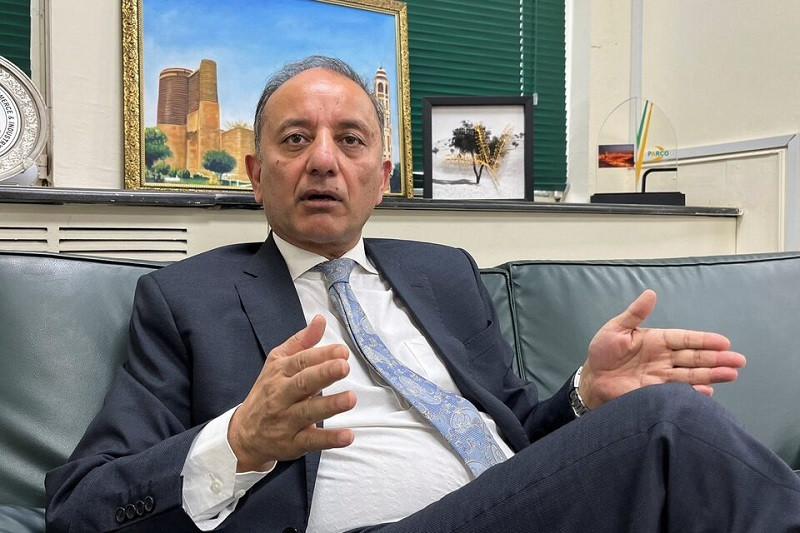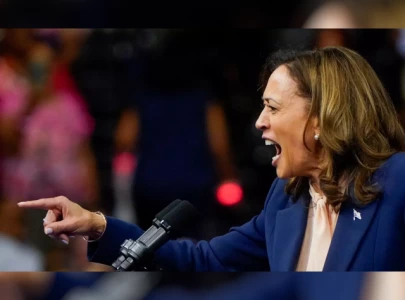
Petroleum Minister, Musadik Malik, has been removed from the Transnational Pipeline Committee, following his earlier removal from the Sugar Price Control Committee. The Transnational Pipeline Committee oversees vital projects like the long-delayed Iran-Pakistan Gas Pipeline and the Turkmenistan-Afghanistan-Pakistan-India (TAPI) Pipeline, both crucial for Pakistan's energy future.
During the petroleum minister's tenure, work on these projects has been stalled for months, raising concerns among investors and leaving Pakistan's energy security in jeopardy.
Earlier, Malik had resisted amendments to petroleum policies approved during the caretaker government. These amendments include a provision for 35% gas allocation to third parties and a tight gas policy. The heads of oil and gas exploration companies had approached the prime minister regarding delays in the implementation of these policies, which could potentially bring $5 billion in investment to Pakistan.
In response, Prime Minister Shehbaz Sharif formed another committee, chaired by Foreign Minister Ishaq Dar, to expedite the implementation of the petroleum policy amendments.
Tensions escalated during a meeting of the Transnational Pipeline Committee on Thursday, due to the petroleum minister's delayed attendance. The meeting, intended to address urgent national issues, was attended by high-ranking officials from the petroleum division, other ministries, and the attorney general. The attorney general even threatened to leave the meeting due to other pressing commitments.
Upon finally arriving, the petroleum minister lashed out at his ministry officials, accusing them of failing to properly brief him on the meeting's agenda, which led to further controversy. When informed of his dismissal from the committee, the petroleum division instructed the attorney general to formalise his removal and issue a new notification to cancel the previous one. However, the attorney general stood firm, explaining that such a change required proper procedure, including a formal reference from Malik to the attorney general's officea process the minister refused to follow.
As Pakistan struggles with multiple crises in its energy and commodity sectors, the petroleum minister has faced mounting criticism since his appointment. Despite seven months of effort, the petroleum division has failed to enforce the Council of Common Interests (CCI)-approved Third Party Sale Amendment from 2012.
Now, Deputy Prime Minister Ishaq Dar has been appointed chairman of both the Sugar Price Control Committee and the Transnational Pipeline Committee.
When contacted, the petroleum minister did not respond before the filing of this story.


1729301728-0/Taylor-(3)1729301728-0-165x106.webp)


1729298320-0/usher-(1)1729298320-0-165x106.webp)



1729299149-0/image-(84)1729299149-0-270x192.webp)








COMMENTS
Comments are moderated and generally will be posted if they are on-topic and not abusive.
For more information, please see our Comments FAQ